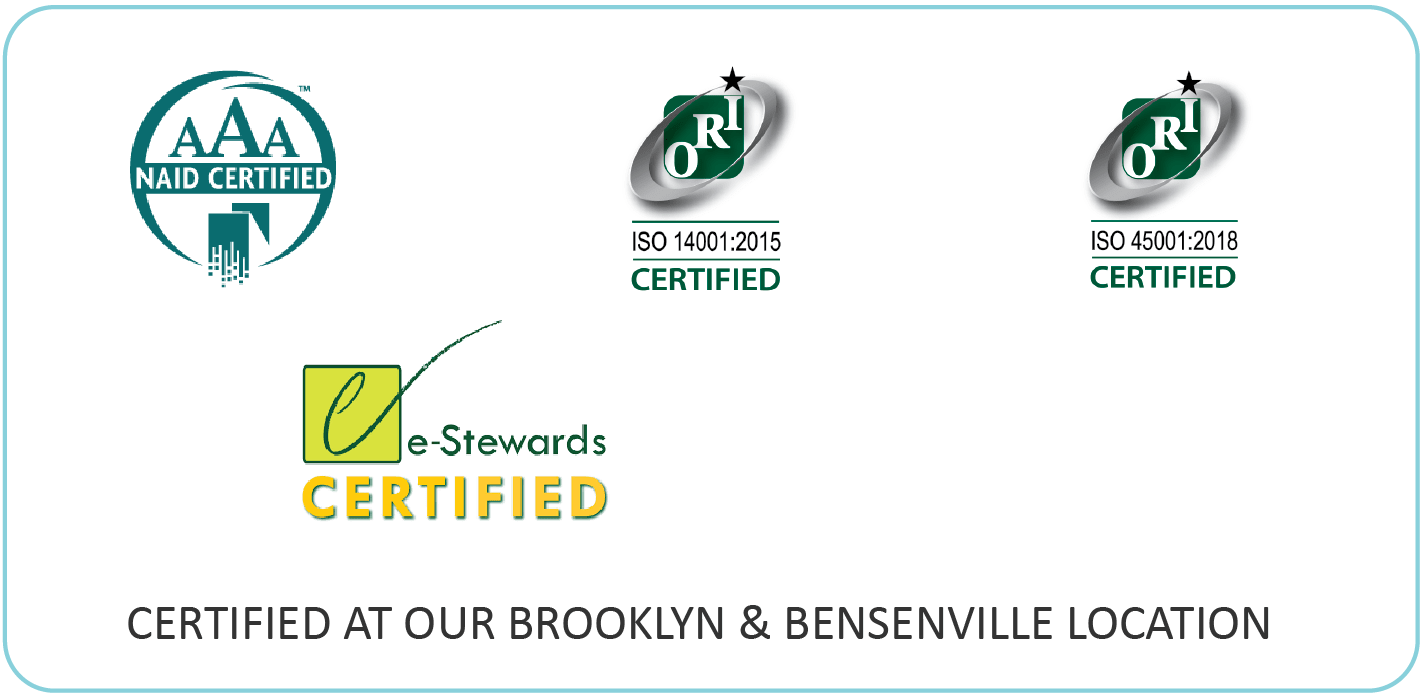Data Center Colocation: 5 Tips For A Successful Relocation

If your company is growing to the point that its current data center isn’t delivering the speed, efficiency, and reliability it demands, then one of the easiest ways to rectify this situation is to move your IT infrastructure to a larger and better-equipped data center. This not only provides your company with access to faster technologies, but it also gives your IT room to grow, thereby reducing the need for another data center colocation in the near future.
But, relocating a data center isn’t always as easy as one might expect. From choosing a provider to managing your old hardware, there are a number of important concerns you’ll have to face. Here are five tips to help see you through your colocation with relative ease.
#1 – Know Your Goal
Why exactly are you considering colocation? To ensure you’re making the right choice for your business, you need to know what goals you’re trying to reach and how colocation will help you reach them. Some common reasons for relocating a data center include:
- Improving disaster recovery
- Improving data security
- Improving expansion flexibility
- Improving regulatory compliance
- Improving IT reliability
- Reducing total cost of ownership
Knowing exactly what your goals are will help you narrow down your colocation options to those best served to help you meet your objectives.
#2 – Location is Important
When you are considering colocation providers, location plays an important part because unlike a cloud-based infrastructure, colocation utilizes your own equipment. Therefore, your IT techs will have to visit the facility from time to time to perform setup and maintenance tasks and travel expenses and ease of access need to be considered. Of course, this doesn’t always mean the colocation facility down the street is your best choice. Things you need to keep in mind when choosing a location include the area’s potential for power disruptions, natural disaster risks, and network stability.
#3 – Visit the Facility
You are investing a lot in your colocation provider, especially when it comes to trust. As a result, you should visit the provider’s facility before making a final decision. Upon visiting the facility, what kind of impression did it make on you? Does it offer adequate security? Is the facility well-kept, solid, and smooth-running? Will your team be able to access your company’s hardware 24/7? What are the facility’s power infrastructure, fire prevention, HVAC system, and water damage protocols and what about their quality?
#4 – Compliance Concerns
When it comes to using an off-site data center, the security of your company’s data is paramount. Your colocation provider should have all the certifications and security practices in place to ensure your data is fully protected and always exactly where you need it to be. If your business is subject to regulatory compliance requirements, then you’ll also want to ensure the colocation provider has compliance expertise and offers audit documentation.
#5 – Cloud Abilities?
While colocation is different from cloud-based infrastructures, many colocation providers also offer cloud-based options. Even though you may not be interested in cloud-computing at the moment, it is something to keep in mind for the future as a lot of business is progressing that way. Being in business with a colocation provider that also offers cloud options will make the process of going virtual smoother and easier if and when you’re ready.
IT Asset Management Solutions for Data Center Relocation Excess
When a company utilizes data center colocation, it inevitably finds itself with an excess inventory of old IT assets that are no longer being utilized in the day-to-day operations. At Liquid Technology, we have the resources you need to help eliminate this cumbersome problem. Our asset management specialists will inspect and remove your old equipment quickly and efficiently, and, if the equipment still works, we can even offer you top dollar to help ensure you receive the best return on your investment possible.
To learn more about our IT asset management solutions, just give us a call today at 800-797-5478.


